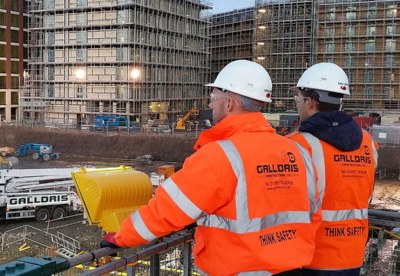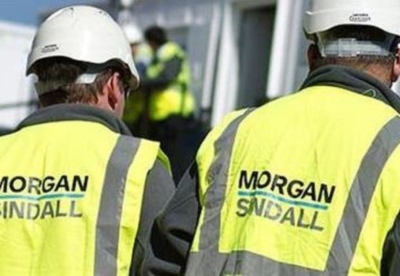Mark Robinson, Scape group chief executive, said a radical rethink by Government could unlock over £14bn for regional supply chains, including £3.4bn for the construction industry.
Scape, whose framework partners include Balfour Beatty, Kier, Willmott Dixon, Carillion, Wates and Lendlease, called for the rethink in its response to the Government’s Green Paper, Building Our Industrial Strategy.
It is calling for a clearer definition of social value with a focus on local spend and local employment and training. Public sector projects over £10m should be targeted to deliver at least 20% social value.
If this approach was implemented on major capital investment projects such as HS2, local supply chains and economies could benefit by up to £11.2bn over the lifetime of the project, while the Government’s Road Investment Strategy could mean over £2.3bn in social value and local spend.
Scape also believes a new ‘By Appointment to HM Government’ badge for contractors styled on the Royal Warrant as a mark of quality would encourage more SMEs to bid for projects.
Robinson also wants to see a national strategy on procurement best practice to raise standards across all public sector organisations and frameworks.
This would involve further streamlining and standardisation of procurement processes and tendering requirements, and a Government-led best practice guide for procurement.
He said: “The government’s enormous clout on procurement has the potential to rebalance the economy and support our SMEs.”
Scape’s own frameworks have achieved 50% local spend within 20 miles of over 2,400 construction and built environment projects, equating to £1.6 billion for local suppliers.
“We already know that it is possible to achieve high levels of social value and local spend, so the Government should now look to set a 20% minimum on projects over £10m. In time, they should go further.”
Robinson added: “As we leave the EU, there is an opportunity to take the best practice approach of OJEU’s procurement rules and create a new UK procurement framework that delivers maximum value for the UK economy and local communities.
“But there are also many practical steps we can take right now to simplify procurement processes, support local supply chains and deliver real jobs and training. Better, smarter public sector procurement must be a top priority for policy makers.
“Government has a role to play in creating a successful model for good public sector procurement and this is something that must be addressed in the Industrial Strategy. Public sector procurement should be simple and straight-forward, with minimal overlap. That is the way to get Britain’s SMEs embracing public contracts and driving innovation.”















































.gif)




